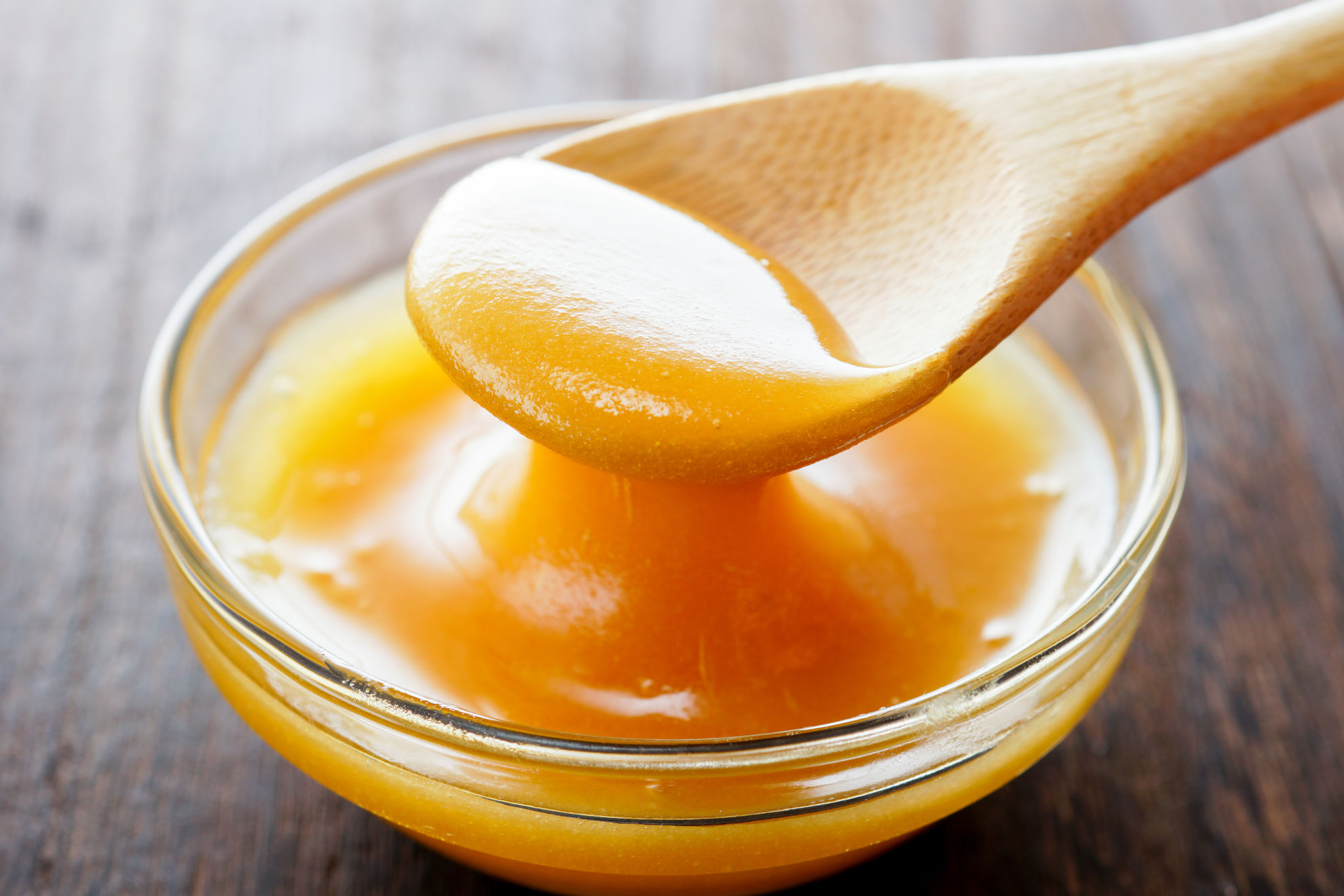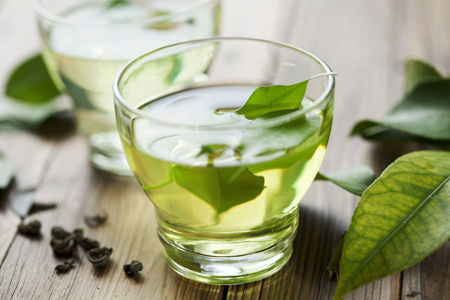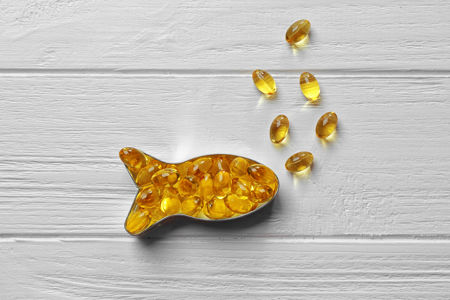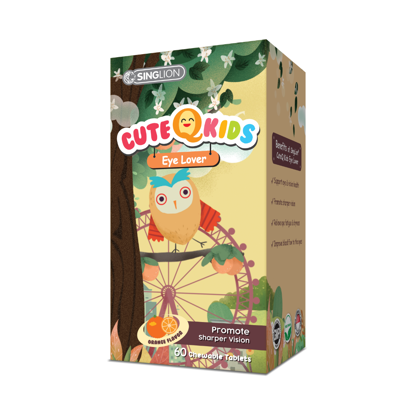Manuka honey is a type of honey that is produced by bees who pollinate the flower, Leptospermum scoparium, which is commonly known as manuka bush (1). What sets manuka honey apart from traditional honey is its antibacterial properties which help wounds to heal faster, soothes sore throats, and improves our digestive system.
Here are some of the benefits of manuka honey according to science-based findings:
1. Wound Healing
The antioxidant and antibacterial properties in honey help to moisten and prevent bacterial infection in the wound. Manuka honey has been listed and approved by the US Food and Drugs Administration (FDA) as an option for wound healing (2).
A study has shown that manuka honey is efficient in healing burn victims by amplifying the regeneration of tissues, and by decreasing the pain levels in victims (3). It also helps to create an acidic environment for the wounds to heal faster.
2. Soothe Sore Throat
A study has shown that honey is just as effective as cough medicine. If you are having a sore throat, manuka honey can help to soothe and provide relief to your throat. Its antibacterial properties can also help to reduce the inflammation and coat the lining of your throat for a soothing effect (1).
3. Prevent Gastric Ulcers
Researches have shown that if you are suffering from stomach ulcers, manuka honey may help to treat the ulcers due to its useful antibacterial agent against the bacteria, H. pylori.
Ulcers are known as sores that form on the lining of the stomach, causing you to feel tummy pains, bloating and nausea.
Not only is gastric ulcer caused by H. pylori, but it can also be caused by excessive alcohol consumption. It is time to drink more water and reduce the amount of alcohol. Remember, prevention is better than cure!
4. Treat Acne
Acne is usually caused by hormonal changes, stress or clogged pores from bacteria. The combination of manuka honey’s antimicrobial activity and a low-pH product is often marketed to treat acne. It helps to keep your skin away from bacteria while quickening the healing process. Additionally, manuka honey is able to reduce the inflammation of acne due to its anti-inflammation properties.
5. Improve Your Digestive System
The antioxidant and antibacterial properties of manuka honey may help to reduce the symptoms of irritable bowel syndrome (IBS). The symptoms include constipation, diarrhoea and abdominal pain (1).
Manuka honey has also proven to improve antioxidant status and reduce the inflammation in the rats who suffered from IBS disorder during a rat test (7).
References:
1. Johnston, M., McBride, M., Dahiya, D., Owusu-Apenten, R., & Singh Nigam, P. (2018). Antibacterial activity of Manuka honey and its components: An overview. AIMS Microbiology. https://doi.org/10.3934/microbiol.2018.4.655
2. Santhosh, S., & Kamaraj, R. (2018). 510(k) Premarket Notification. https://doi.org/10.5958/0974-360x.2018.01028.4
3. Niaz, K., Maqbool, F., Bahadar, H., & Abdollahi, M. (2018). Health Benefits of Manuka Honey as an Essential Constituent for Tissue Regeneration. Current Drug Metabolism. https://doi.org/10.2174/1389200218666170911152240
4. Shadkam, M. N., Mozaffari-Khosravi, H., & Mozayan, M. R. (2010). A comparison of the effect of honey, dextromethorphan, and diphenhydramine on nightly cough and sleep quality in children and their parents. Journal of Alternative and Complementary Medicine. https://doi.org/10.1089/acm.2009.0311
5. Al Somal, N., Coley, K. E., Molan, P. C., & Hancock, B. M. (1994). Susceptibility of Helicobacter pylori to the antibacterial activity of manuka honey. Journal of the Royal Society of Medicine. https://doi.org/10.1177/014107689408700106
6. Semprini, A., Braithwaite, I., Corin, A., Sheahan, D., Tofield, C., Helm, C., … Beasley, R. (2016). Randomised controlled trial of topical kanuka honey for the treatment of acne. BMJ Open. https://doi.org/10.1136/bmjopen-2015-009448
7. Prakash, A., Medhi, B., Avti, P. K., Saikia, U. N., Pandhi, P., & Khanduja, K. L. (2008). Effect of different doses of Manuka honey in experimentally induced inflammatory bowel disease in rats. Phytotherapy Research. https://doi.org/10.1002/ptr.2523
condition
Reasons Why Green Tea Is Good for Our Body
Friday, 8 November 2019
If you have not started consuming green tea, now is the time to do so.

















![[BUNDLE OF 2] Singlion Vitamin C + Lutein + Zinc Effervescent](https://www.vitasg.sg/images/thumbs/0002225_bundle-of-2-singlion-vitamin-c-lutein-zinc-effervescent_415.jpeg)

